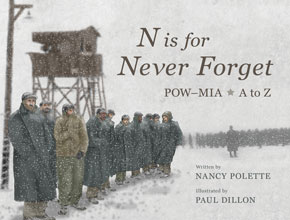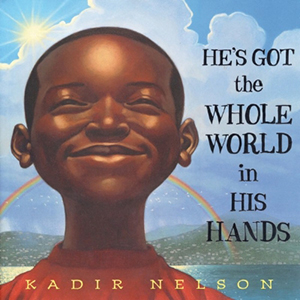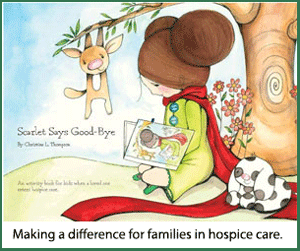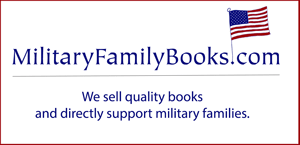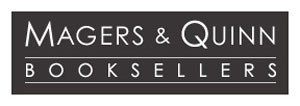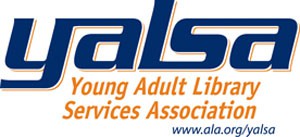The book world is hardly predictable, but folks subscribed to either of the two Shelf Awareness newsletters have found a reliable source for navigating the fluid reality of the book trade.
Since June 2005, and first thing every business-day morning, Shelf Awareness: Daily Enlightenment for the Book Trade has delivered the latest book industry news, connecting a range of people—booksellers, librarians, media, publishers, and others—and providing the latest information about new titles, books in the media, books-turned-movies, and tips about how to sell certain titles. For the nearly 30,000 subscribers of the “Pro” version, the newsletter is widely considered a trusted source of information.
The brain-child of co-founders John Mutter and Jenn Risko, Shelf Awareness seeks to fill a gap between book makers and those in the business of trading and selling books.
Mutter only considered the idea of the Shelf Awareness publication when he found himself on the backend of a 22-year stint as executive editor of bookselling with Publishers Weekly. He had also been the executive editor of the former PW Daily for booksellers, but when that section disappeared, so too did Mutter’s job. While weighing options, he was approached by several booksellers who wished he would produce a newsletter just for them, but he wasn’t sure.
In a conversation with Risko, a longtime professional acquaintance, Mutter told her he could provide the content for the newsletter, but he didn’t think he wanted to run the company or sell ads.
“’I could probably sell an ad or something,’” she told him, and the plans were hatched for what eventually evolved into a successful joint-venture.
In the beginning, it was only Risko and Mutter and a handful of freelance writers.
“It was more like Shelf-Awakeness,” Risko says. All hours of the day and night, Mutter and Risko worked to create content and build the Shelf Awareness brand. Adding to the difficult task was the matter of time zones. Mutter was doing his work in New Jersey, and Risko was on the other coast, in Seattle.
The newsletter evolved with technology and has grown in to a key resource for helping booksellers, especially, grow their businesses.
“We’ve heard many times from our readers that it makes them feel like they’re catching up in their bookselling community,” Risko explains, “and it helps them understand the successes and journeys similar to their own. Our content is mainly geared toward booksellers, so they have everything they need to know to navigate the waters of their ever-changing environment.”
And changing it is. Like many business segments, the book industry has experienced a rather drastic evolution in a relatively short period of time. Several big-box bookstores have closed, independent booksellers have struggled, and through it all, Shelf Awareness has not only supported those on the journey, they’ve become an integral part.
Risko says, “We have also made certain books happen, through booksellers reading about how others are selling it. Or a small press book we thought deserved attention that’s been bought by a larger house because of our shining a light on it.”
The effectiveness and approach of Shelf Awareness as an unparalleled resource for industry professionals continues to evolve, and now there is a Shelf Awareness for Readers, too. A year and a half ago, Shelf Awareness for Readers launched as a twice-a-week newsletter published on Tuesdays and Fridays. There are already more than 200,000 subscribers. Focused on the interests of book-lovers, announcing the 25 best books of the week, Shelf Awareness for Readers hopes to be the way great books are discovered.
“Discoverability is an increasingly important issue right now,” says Risko, “As more and more books are being published and more and more folks are self-publishing, consumers will find it exceedingly difficult to know who to trust when searching for their next book.”
With the goal of providing that trusted source to readers, Shelf Awareness also sends a customized Shelf Awareness for Readers newsletter to the customers of participating bookstores.
“I think the ultimate goal of Shelf for Readers is that readers have a long list of books they want to buy because of it, and they buy it at their local stores,” says Risko.
The feedback from stores, along with the positive statistics of connected book sales, helps to confirm the difference Shelf Awareness is making in the book world. Book sellers have found a spot to connect with others in the industry, and book buyers have found a reliable source for the latest book news. For all that is unpredictable about the market of books…at least there is the consistent presence of Shelf Awareness.
Facebook: Facebook.com/ShelfAwareness
Twitter: @ShelfAwareness Twitter.com/ShelfAwareness



